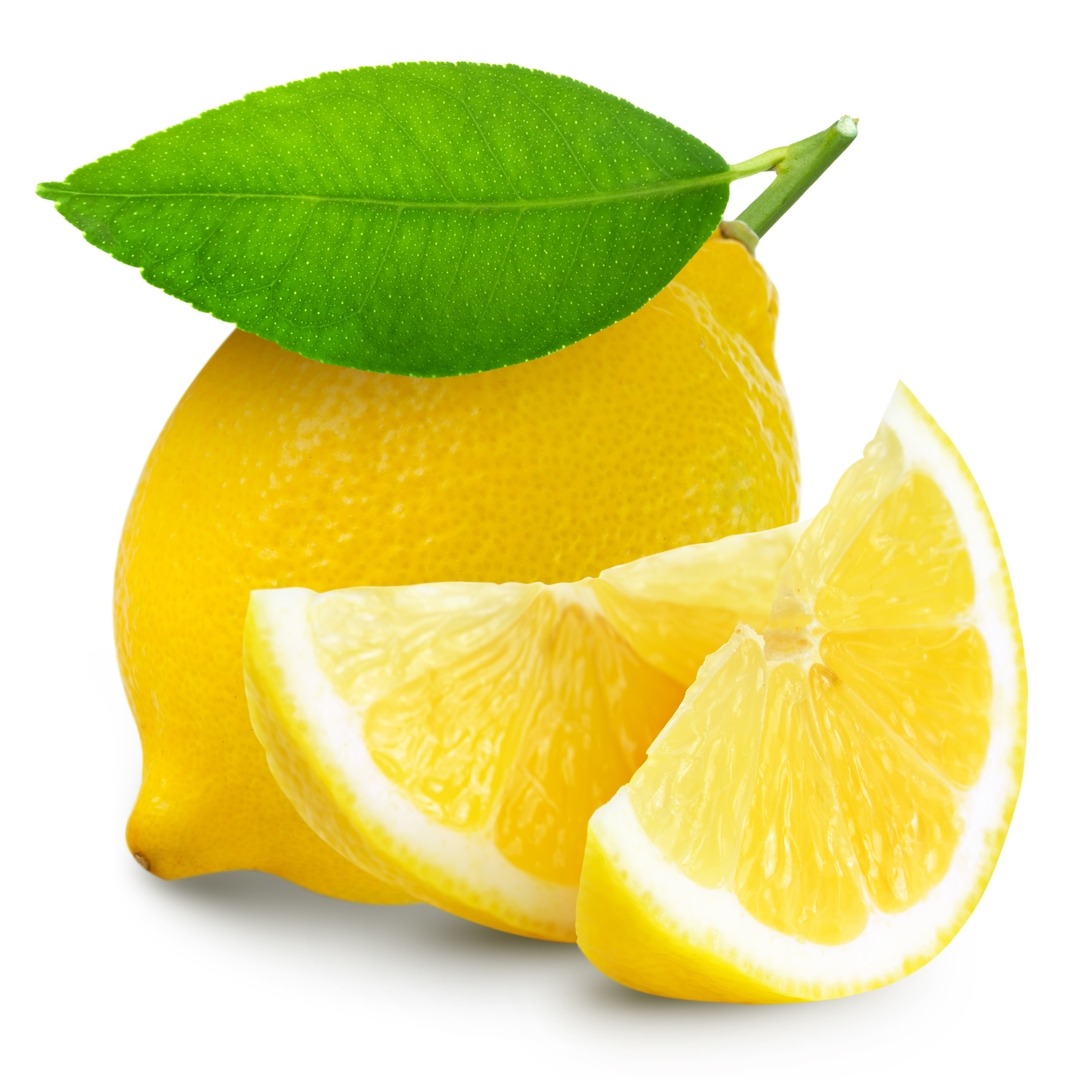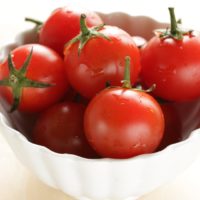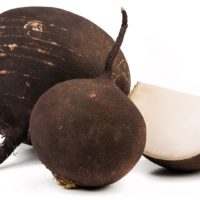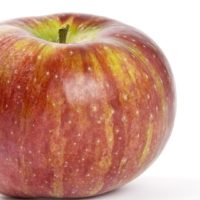![]()
WHAT IS A LEMON?
It is a hybrid fruit from a flowering species of evergreen trees. Originally thought to be a blend of oranges and citron from northern India, they were introduced to southern Italy during the Roman Empire. However this citrus fruit didn’t catch on in popularity for over a 1,000 years in the West. In Eastern cuisine though they’ve long been considered a staple. While lemons have a thick outer layer, the zest of the fruit is the very thin, rough surface which is popular in recipes. The white pith is more of a shock absorber that’s discarded before you get to the flesh of this delicacy. However it’s essential when pickling whole lemons. Even the leaves of this tree are functional, being used in tea.
WHY ARE LEMONS GOOD FOR YOU?
The high natural acidity (pH of around 2.2 like vinegar) and wealth of vitamins, minerals, antioxidants and fiber make this oval citrus an exceptionally healthy fruit. While its juice can even help fight gingivitis, be careful not to consume too much. Otherwise the juice’s acidity will break down the enamel on your teeth.
WHEN ARE LEMONS IN SEASON?
They are in season late Fall through early Spring (November to March in the northern hemisphere). The fruit can take up to a year to ripen after the tree flowers. They look like tiny, green ping pong balls that are unfortunately easy to accidentally knock off.
HOW SHOULD LEMONS BE STORED?
While they can be stored at room temperature, lemons last longer if refrigerated. This might seem strange since your refrigerator is a desiccator. But when sitting on your kitchen counter, lemons will still dry out faster. One trick to prevent moisture loss is to store the lemon inside a sealed plastic bag or bowl of water in your fridge.
WHAT IS THE PROPER WAY TO ZEST A LEMON?
Click here to see!
IS MY STORE BOUGHT LEMON JUICE REALLY LEMON JUICE?
The honest answer here is maybe. Just like with extra virgin olive oil not being extra virgin, in the past some retail lemon juice brands have been heavily diluted with water but sold as 100% lemon juice. However the acidity of lemon juice is easy to test. Squeeze some juice from an actual lemon, and hold a taste test versus your store bought lemon juice. Both should make your mouth pucker into an equally displeased shape.




